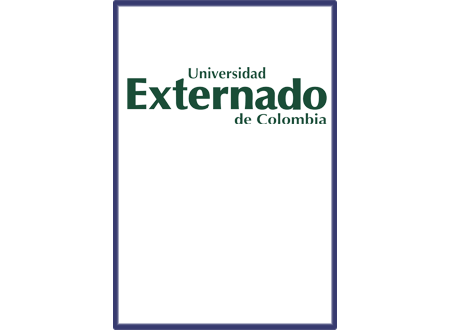La noción de contrato internacional


ICC is – and has been throughout its long existence – a steadfast rallying point for those who believe, that strengthening commercial ties among nations is not only good for business but good for global living standards and good for peace.
ICSID is one of the five organizations of the World Bank Group, along with the International Bank for Reconstruction and Development (IBRD), the International Development Association (IDA), the International Finance Corporation (IFC), and the Multilateral Investment Guarantee Agency (MIGA). The goal of the ICSID is to provide facilities for conciliation and arbitration of international investment disputes.
The International Court of Justice is the principal judicial organ of the United Nations (UN). It was established in June 1945 by the Charter of the United Nations and began work in April 1946. The seat of the Court is at the Peace Palace in The Hague (Netherlands). Of the six principal organs of the United Nations, it is the only one not located in New York (United States of America). The Court’s role is to settle, in accordance with international law, legal disputes submitted to it by States and to give advisory opinions on legal questions referred to it by authorized United Nations organs and specialized agencies. The Court is composed of 15 judges, who are elected for terms of office of nine years by the United Nations General Assembly and the Security Council. It is assisted by a Registry, its administrative organ. Its official languages are English and French.
The Chartered Institute of Arbitrators is a leading professional membership organisation representing the interests of alternative dispute practitioners worldwide. In addition to providing education and training for arbitrators, mediators and adjudicators, we act as an international centre for practitioners, policy makers, academics and those in business concerned with the cost-effective and early settlement of disputes. This gives users confidence that the very best people are helping to resolve their dispute.
Established in 1996 as the global component of the American Arbitration Association, the International Centre for Dispute Resolution provides conflict-management services in more than 80 countries with a staff fluent in 14 languages. Through a worldwide panel of hundreds of independent arbitrators and mediators and global cooperative agreements for hearing-room access, the ICDR provides a flexible, party-centered process over a broad range of industries and geopolitical issues.
The London Court of International Arbitration is one of the world’s leading international institutions for commercial dispute resolution. The LCIA provides efficient, flexible and impartial administration of arbitration and other ADR proceedings, regardless of location, and under any system of law. The international nature of the LCIA’s services is reflected in the fact that, typically, over 80% of parties in pending LCIA cases are not of English nationality.
Le système juridique et judiciaire de l’Organisation pour l’Harmonisation en Afrique du Droit des Affaires est l’une des expériences d’intégration juridique les plus réussies de la fin du 20ème siècle. Créée par le Traité de Port-Louis du 17 octobre 1993 (révisé le 17 octobre 2008 à Québec – Canada), l’OHADA est une organisation internationale de plein exercice, dotée d’une personnalité juridique internationale, qui poursuit une œuvre d’intégration juridique entre les pays qui en sont membres. L’adhésion, prévue par l’article 53 du Traité, est ouverte à tout État membre de l’Union africaine non signataire et à tout État non-membre de l’Union africaine et invité à y adhérer d’un commun accord de tous les États parties. L’OHADA regroupe aujourd’hui 17 États (Bénin, Burkina Faso, Cameroun, Comores, Congo, Côte d’Ivoire, Gabon, Guinée Bissau, Guinée, Guinée Equatoriale, Mali, Niger, République Centrafricaine, République démocratique du Congo, Sénégal, Tchad, Togo). Les langues de travail sont le français, l’anglais, l’espagnol et le portugais. Son objectif est la facilitation des échanges et des investissements, la garantie de la sécurité juridique et judiciaire des activités des entreprises. Le droit de l’OHADA est ainsi utilisé pour propulser le développement économique et créer un vaste marché intégré afin de faire de l’Afrique un « pôle de développement ».
